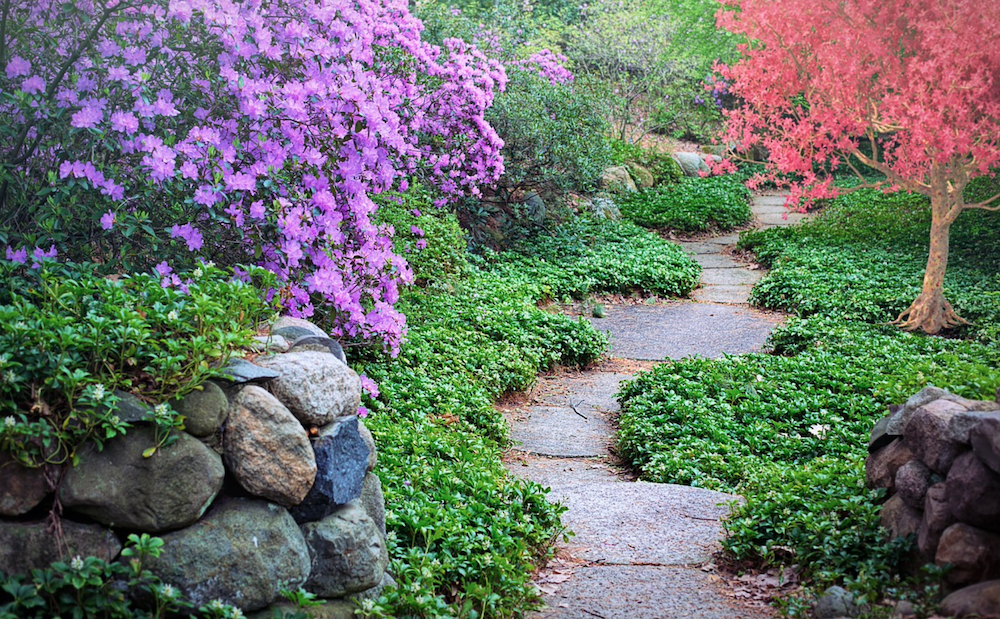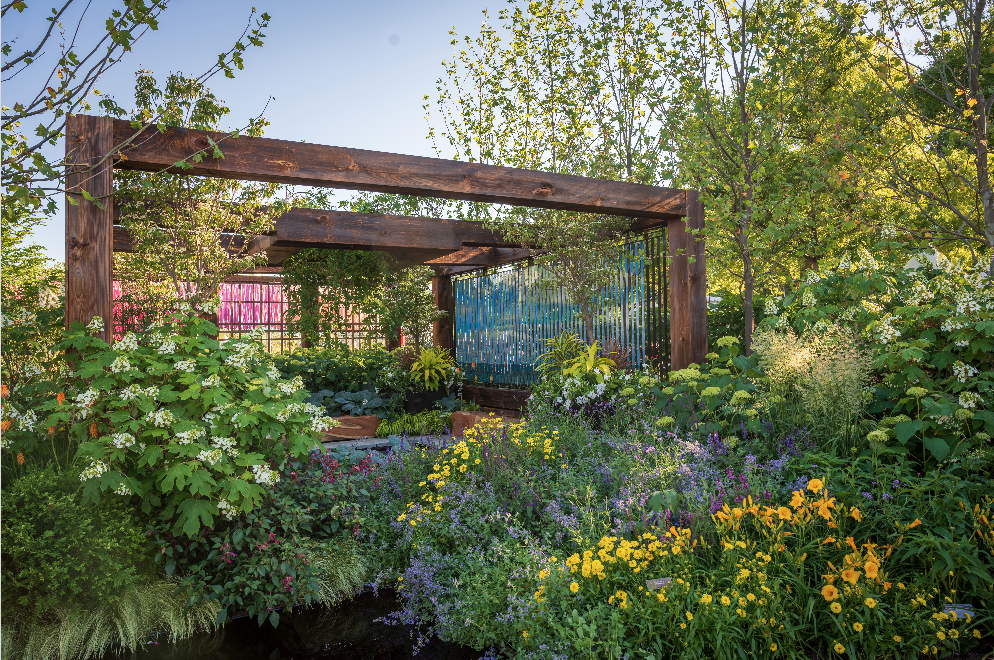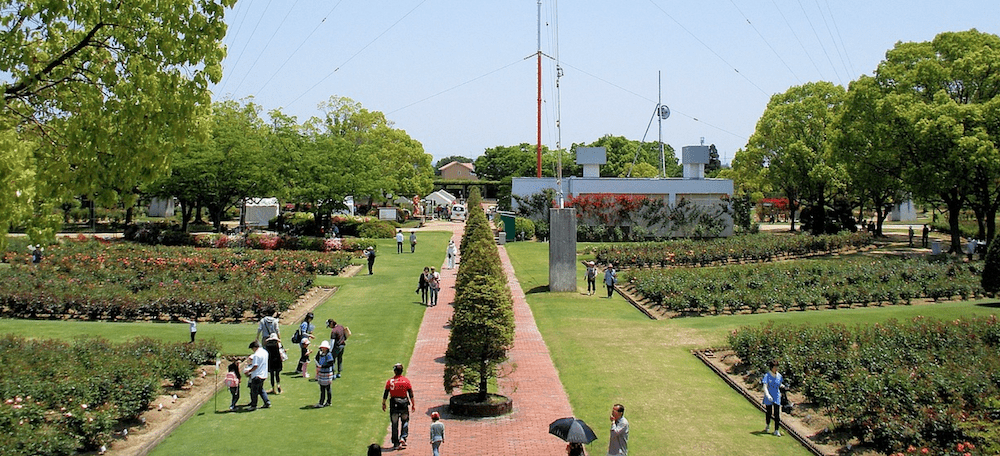Finnish Study Says Garden Walks Reduce Blood Pressure
By Jill Brooke

A new study reveals that gardening is not only visually pleasing but good for your health.
A Finnish study just reported that walking in a garden three or four times a week was associated with an odds ratio of “lowering the use of mental health medications 33%.”
Yes, you read that right.
It also reduced blood pressure meds by 36%. These were the findings from the department of health security at the Finnish Institute for Health and Welfare and published in the journal Occupational & Environmental Medicine. It is confirming what we know intuitively.
Furthermore, garden walks created 26% lower odds of using asthma medications. Guess breathing all that fresh air is good for you.
The study defined green spaces as including forests, gardens, parks, cemeteries, moors, natural grasslands, wetlands and zoos.
Previous studies that we have reported on have found that people living near nature enjoy health benefits. A 2016 study compared the amount of plant life and vegetation near the homes of almost 100,000 women. After eight years, the researchers found having access to the greenest space reduced the women’s death rate by 12% — and improved their mental health.

A 2019 study of green spaces around the globe found people who live near them are less likely to die prematurely. Even doctors are beginning to prescribe nature as a treatment for mental health,
In 2023, a CU Boulder research study also found that those who garden have better lifestyle habits too.
Funded by the American Cancer Society, the first-ever, randomized, controlled trial of community gardening found that those who started gardening ate more fiber and got more physical activity — two known ways to reduce the risk of cancer and chronic diseases. They also saw their levels of stress and anxiety significantly decrease.
The findings were published Jan. 4 in the journal Lancet Planetary Health.
“These findings provide concrete evidence that community gardening could play an important role in preventing cancer, chronic diseases and mental health disorders,” said senior author Jill Litt, a professor in the Department of Environmental Studies at CU Boulder.
Perhaps because of the pandemic, people started to appreciate the impact of flowers and gardening. In fact, 20 new gardeners of all age groups now focus on nature for its healing powers. More importantly, more studies are being done and I look forward to sharing them with you beloved flower lovers.

